What’s the score in the long-running FIFA saga?
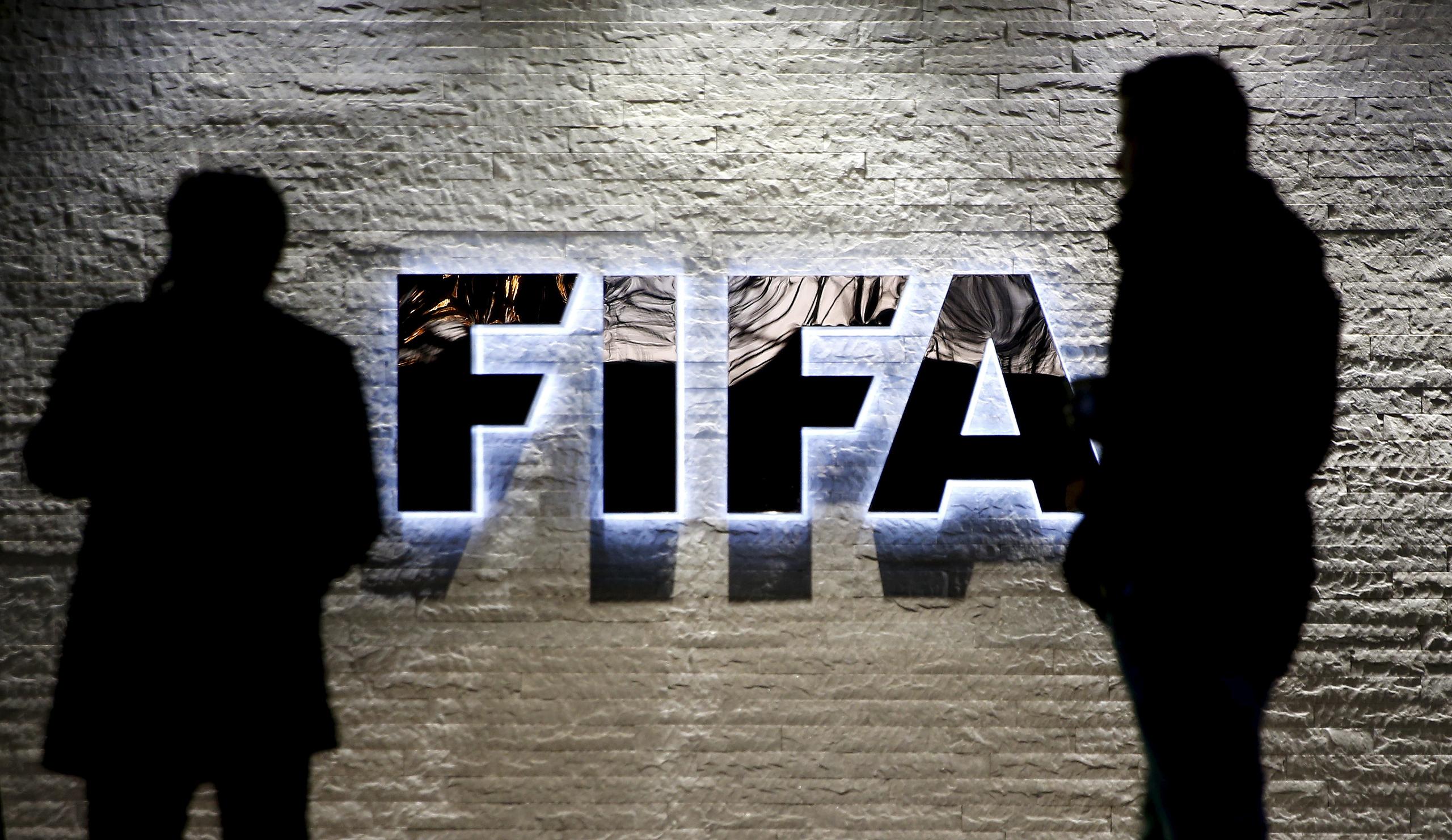
With FIFA poised to elect a new President and vote on reforms on February 26, swissinfo.ch charts the bruising path that led to the Extraordinary Congress being called at the Swiss-based world governing body of football.
Corruption, bribes, dawn raids and criminal charges have formed the backdrop to this month’s meeting. Along the way, several high ranking football officials have either been arrested or banned, including FIFA President Joseph “Sepp” Blatter.
Sepp Blatter is leaving FIFA? But hasn’t he already left?
In true FIFA style, the answer to that is: sort of yes and no. Blatter will officially end his 30-year association with FIFA at the February 26 Congress when a new President will be elected. But he is currently serving a six-year ban from all football activity and his duties have been taken over temporarily by Issa Hayatou.
Blatter had won a fifth presidential term only last summer, but within weeks said he would step down as the worsening corruption scandal made his position untenable. He later said he wished he had never run for a fifth term.
In September, he became the focus of a criminal investigation by the Swiss Attorney General over a suspected “disloyal” CHF2 million payment to UEFA President Michel Platini in 2011 and for separate questionable television rights deals. Suspended in October, Blatter (along with Platini) was handed an eight-year ban by FIFA in December, which was reduced to six years on appeal.
Banned by FIFA? Hoist by his own petard you mean?
Indeed it is ironic that Blatter might never have been banned had he not been instrumental in setting up new bodies to wipe out corruption in FIFA. An Ethics Commission was formed in 2006 and reformed six years later to comprise of investigatory and judicial arms.
It is these two bodies that both prosecuted and sentenced Blatter last year. In fact the Ethics Commission has been extremely busy. It also banned Michel Platini for eight years in December and has suspended or banned a whole host of football dignitaries as well. These include life bans for former FIFA heavyweights Jack Warner, Mohammed bin Hammam and Chuck Blazer.
In 2013, FIFA set up an Audit and Compliance Commission to look into FIFA’s business practices. Its chairman Domenico Scala was then charged with drawing up a list of reforms.
And it doesn’t end there. Last year, Blatter set up yet another body, the Reform Committee, under Swiss lawyer Francois Carrard that has presented a long list of changes to be voted on at the Extraordinary Congress on February 26.
That’s an awful lot of committees. Why the need?
Because there were an awful lot of corruption allegations, stretching back decades. These included vote-rigging of presidential elections, bribery during votes to choose World Cup hosts (most notably the 2010 decision to award the 2018 and 2022 tournaments to Russia and Qatar) and corrupt marketing and TV rights deals.
Most of them remained allegations until a 2008 court case in Switzerland found that FIFA officials had indeed taken bribes from marketing company ISL/ISMM to win the television rights contracts for football tournaments.
Various football associations, the media and big money sponsors then ramped up the pressure on FIFA to start a genuine reform process. This has opened a whole can of worms, unearthing evidence that (along with the odd whistleblower) has sparked state criminal investigations in Switzerland and the United States. It’s not just FIFA under investigation, but a host of football associations too, most notably in the Americas and the Caribbean.
But genuine reform is only around the corner?
Football fans around the world certainly hope so. On February 26, the FIFA Extraordinary Congress will also vote on a number of proposals from Francois Carrard.
These include: term limits for presidents and executives, salary transparency, a new leadership system separated into executive operational management and a boardroom style oversight body, integrity checks on all high ranking FIFA officers, enhanced control over money flows and a demand that individual football associations also apply stricter governance standards.
And that will make all these sordid headlines disappear?
That’s unlikely, at least in the short term. The Swiss and US criminal investigations are picking up steam following two dawn raids by Swiss police to arrest football bigwigs last year. Several officials are still behind bars awaiting trial while scores of marketing company executives, and even some entities, are also under investigation in the US.
The Swiss investigation into the award of the 2018 and 2022 World Cups may also prove uncomfortable as time ticks closer to the tournament dates. For one thing, if the vote is found to have been rigged, other countries have hinted they may demand back the money they spent on their own bids.

In compliance with the JTI standards
More: SWI swissinfo.ch certified by the Journalism Trust Initiative

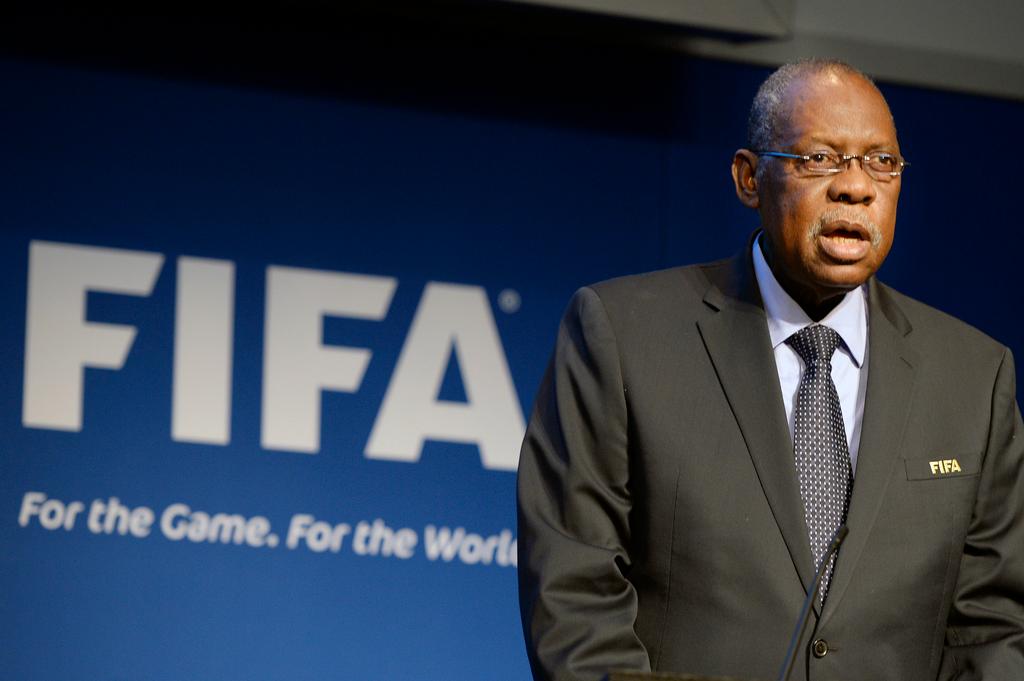
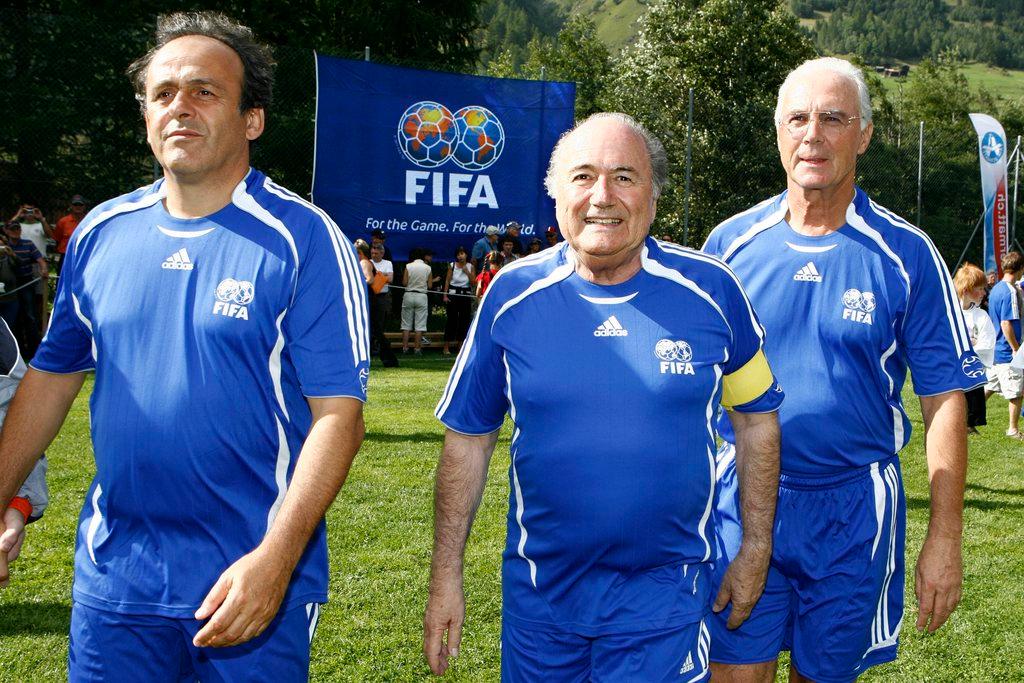
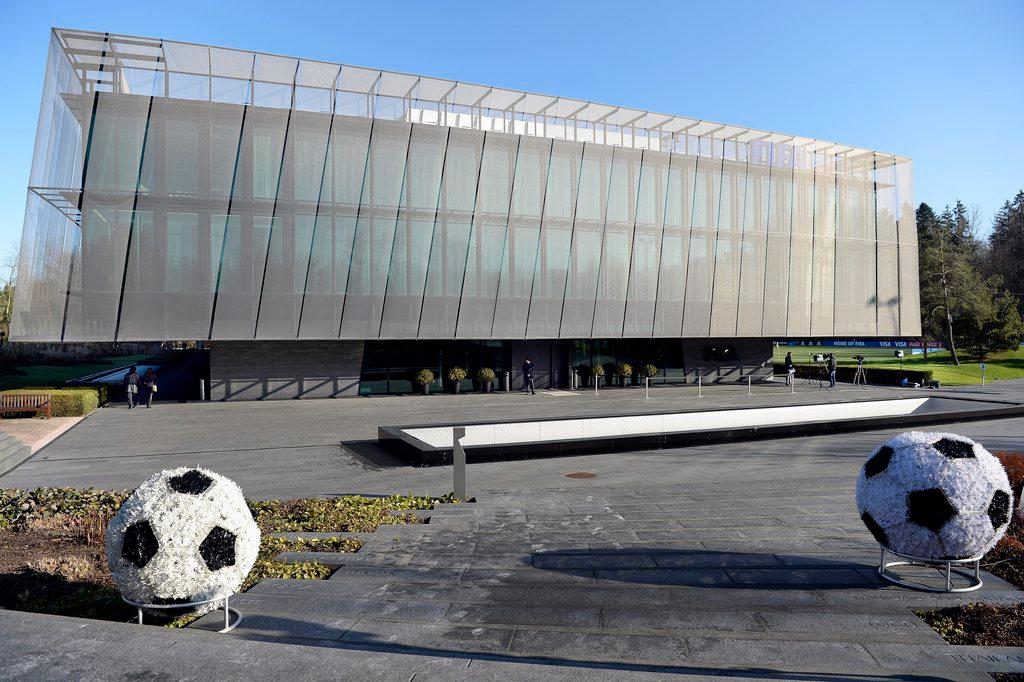
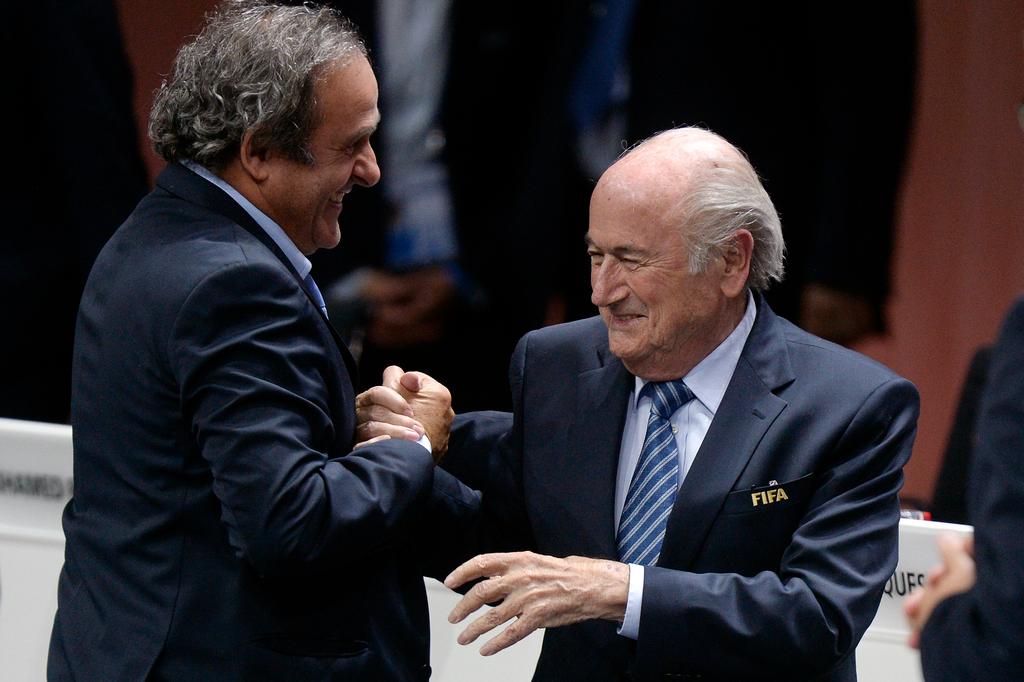
You can find an overview of ongoing debates with our journalists here. Please join us!
If you want to start a conversation about a topic raised in this article or want to report factual errors, email us at english@swissinfo.ch.